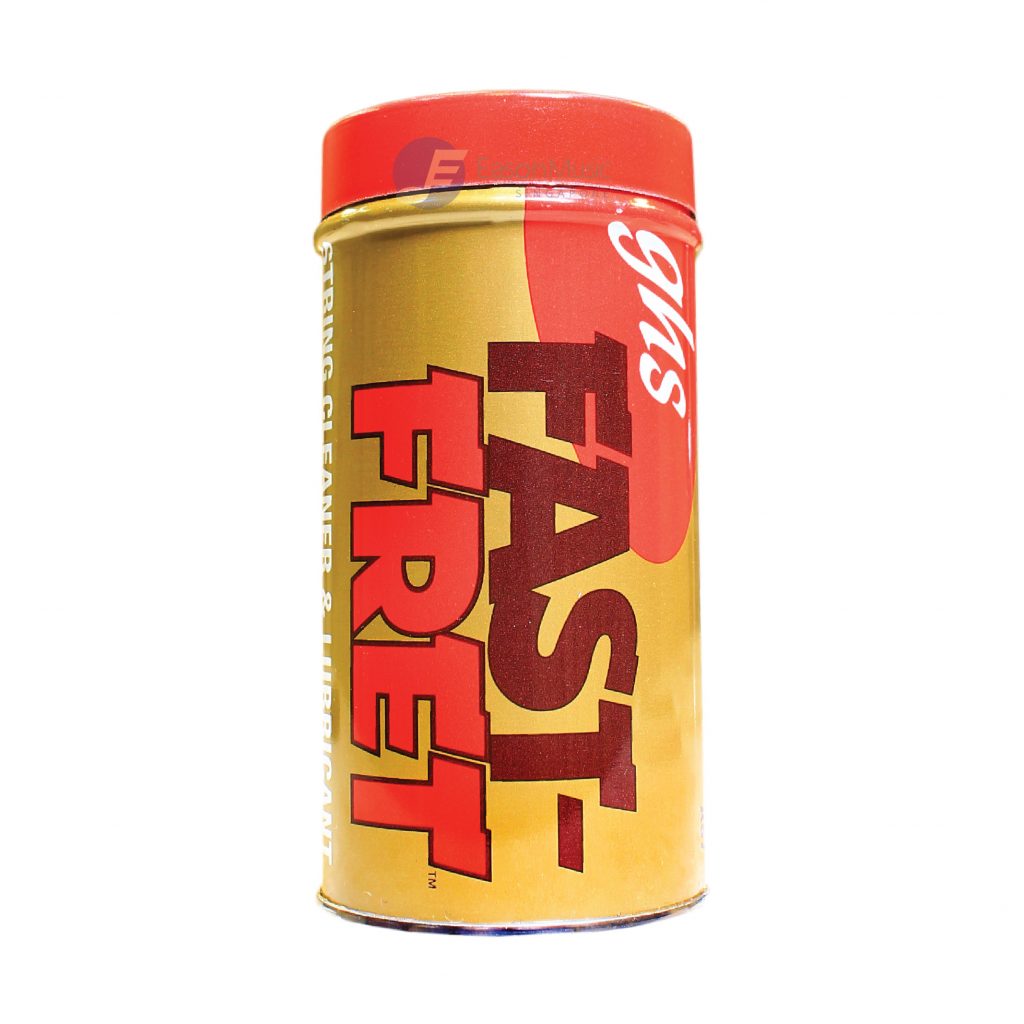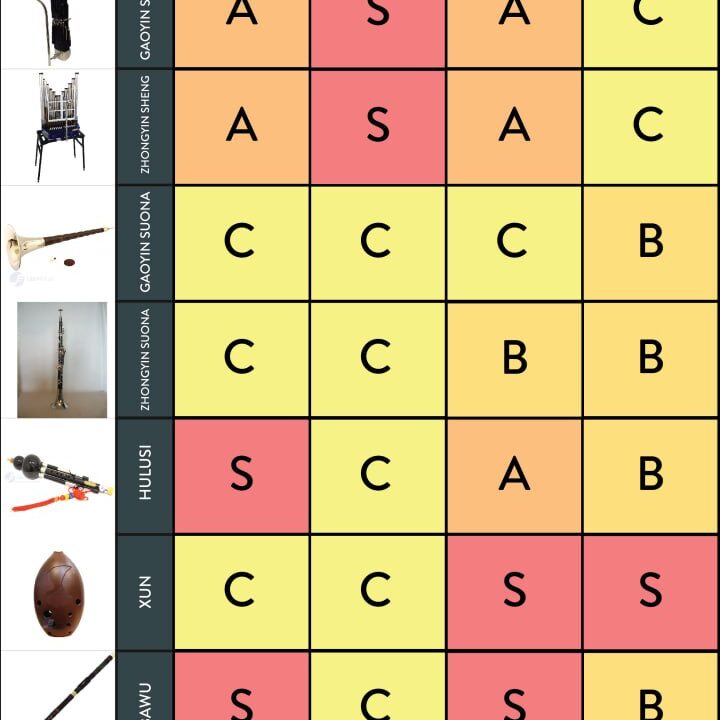EM Live! Session #6: All About Yangqin
October 18, 2020Live! Session #9 – ft. Mr Wilson Neo (Part 2 – Snakeskin Care)
January 5, 2021In this episode of Eason Live, we welcome our special guest Mr Wilson Neo. Mr Neo is a zhonghu musician from the Singapore Chinese Orchestra, as well as the conductor of Cheng San Chinese Orchestra. We are honoured to be able to have him as a guest on our live session.
In this article, we will talk about how to keep your erhu clean and prevent rosin residue build up. This article is the first part of a three part series on how to maintain your erhu.
Tip 1: How to prevent sticky strings when keeping the erhu bow
A common issue erhu players have is when the rosin residue from their bow gets onto the string when they keep their erhu. The rosin residue is often not visible, but feels sticky to touch and not as smooth to play. The rosin residue can sometimes also fall on the wood of the erhu, which can make it quite icky to touch. There are various ways to overcome this issue, either by removing the rosin or preventing the rosin residue from getting on the string.
The first solution is to use a cloth to wrap around the length of the erhu. Mr Neo recommends using the type of cloth used to clean cars as the cloth fibres do not come off that easily. There are various ways of doing this. One method is to wrap the cloth around the fingerboard area of the erhu. This prevents the rosin residue from adhering to the playing area. Another method which Mr Neo personally uses is to wrap the cloth at the head area where the strings are attached. His reasoning is because while we touch the fingerboard/playing area often, we do not clean the head area that often and should try to keep the head as clean as possible.
He emphasizes that it is always good practise to wipe down the erhu before keeping it back in its case.
Sung Wah offered another alternative to this – folding an A4 sized paper into an M shape and slotting the middle fold in between the two strings to keep it in place and protect it from contacting the erhu bow. This also links to the following tip.

Tip #2 will be elaborated on in another post
Tip 3: How to remove the sticky rosin residue from strings
We have talked about the prevention methods for the first tip. Next, we will talk about how to remove the rosin residue from the strings in the event that it is already sticky.
Most people will think that the most obvious solution would be to wipe with water. However, this is not the case here as the rosin is wax based. Moreover, water causes the string to rust quickly. As such, Mr Neo recommends using oils to remove the rosin instead. He mentions that some people use their body’s natural oil to remove the rosin residue, especially oil from the nose or other areas on the face. One can do this by subtly pretending to scratch an itch on their face then touching the erhu strings afterwards.
A recommended alternative for people who find this method disgusting is to use an oil based string cleaner. We recommend Fast Fret by GHS for this purpose. Fast Fret by GHS contains white mineral oil, which cleans the string and makes it much smoother to play.

Mr Neo reiterates that it is important to wipe the erhu strings down with a cloth before storing it in its case to prevent the strings from rusting too quickly. Some erhu strings can be quite expensive and ensuring its longevity can save quite a bit of money. One brand of string that Mr Neo recommends is the Pirastro Red Dragon Erhu Strings.
Tip 4: How to remove rosin build up on the Erhu body
Without frequent cleaning of the erhu body, the rosin residue settles on the erhu body and accumulates over time. After a while, it can get quite stubborn to remove. Mr Neo suggests taking a coin and lightly grazing on the surface where the residue has accumulated. This loosens up the hold of the rosin residue and allows it to be easily removed with a cloth afterwards. However, this method is only suitable if the coating of residue is thick enough. Mr Neo also warns not to scrape too aggressively and not dig in deep as it can leave scratches on the erhu body. For those with just a thin layer or residue, we should just use a cloth to wipe it down.
Another way we can remove the rosin residue from the erhu body is by using paint thinner. Use a cloth with a few drops of paint thinner and gently dab at the spot you would like to clean. Avoid using too much of it or pouring it directly on the wood as it can spoil the finish.
Take a look at Part 2 and Part 3 for more tips on how to maintain your Erhu.
Do stay tuned to more fun every Friday, 5pm on our Facebook or Instagram



